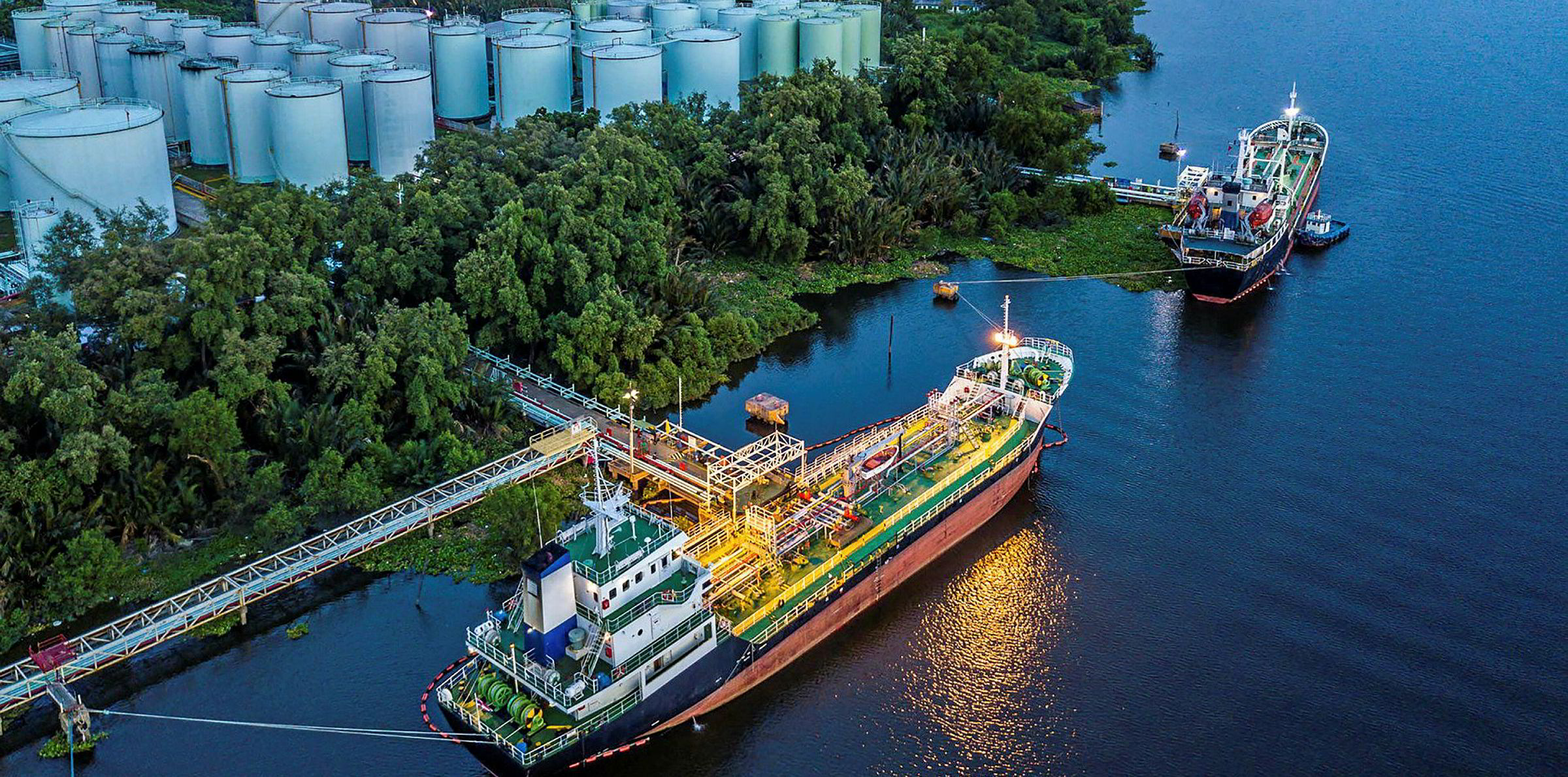A bunker survey by prominent shipping organisations has painted an alarming picture for vessel operators, with many maritime professionals still encountering marine fuel not meeting required standards.
Since the beginning of this year, the International Maritime Organization has lowered the sulphur cap in marine fuel to 0.5% from 3.5% for all ships except for those that can run on gas or have scrubbers on board.
Very low sulphur fuel oil has emerged as the fuel of choice due to its competitive pricing, but this new grade does not have set fuel characteristics due to its various production means.
“The transition to IMO 2020 compliant fuel oil has not been without problems,” Bimco, Intertanko, Intercargo and the International Chamber of Shipping said in the survey report.
“As fuel oil properties are fluctuating, quality and safety problems will continue to be a challenge for the global shipping industry.”
Survey details
The joint survey received 192 responses from shore-based personnel between 24 February and 6 May. Of the respondents, 52.6% were from technical departments, 21.9% from fleet and vessel management teams and 8.3% from bunker departments.
A total of 56 respondents, or 29.2%, said they had experienced bunker fuel products whose sulphur content may exceed 0.5%.
General industry estimates suggest that that only 5% to 10% of the global fleet are not in compliance with the new sulphur rules at most. The survey report stresses that the findings may have reflected the respondents’ personal experiences rather than industry-wide situations.
Also, 54 respondents encountered sediment issues with their fuel products, 27 had aluminium plus silicon levels off limits, and 26 faced pour point problems.
Of all those who participated in the survey, 62% have experienced increased sludge deposits and 32% saw wax appear in their bunkering systems.
Worrying findings
Moreover, 31% answered that they had operational issues caused by increased wear and tear of cylinder liners, piston rings or other components, assessed to be due to increased amounts of catalytic fines in their fuels.
In the worse scenarios, 22% of the respondents had to de-bunker off-spec fuels while 10% experienced loss of propulsion or black out issues. Just 14% did not encounter any issue at all.
“The survey gives us valuable insight into the magnitude and nature of problems encountered by the industry in the transition to using low-sulphur fuel oil,” Bimco’s marine environment manager Christian Baekmark Schiolborg said.
“The industry had widespread experience with how to manage heavy fuel oil, and the survey provides insight into which parameters of the new fuel types are posing the biggest challenges for onboard fuel management.”






